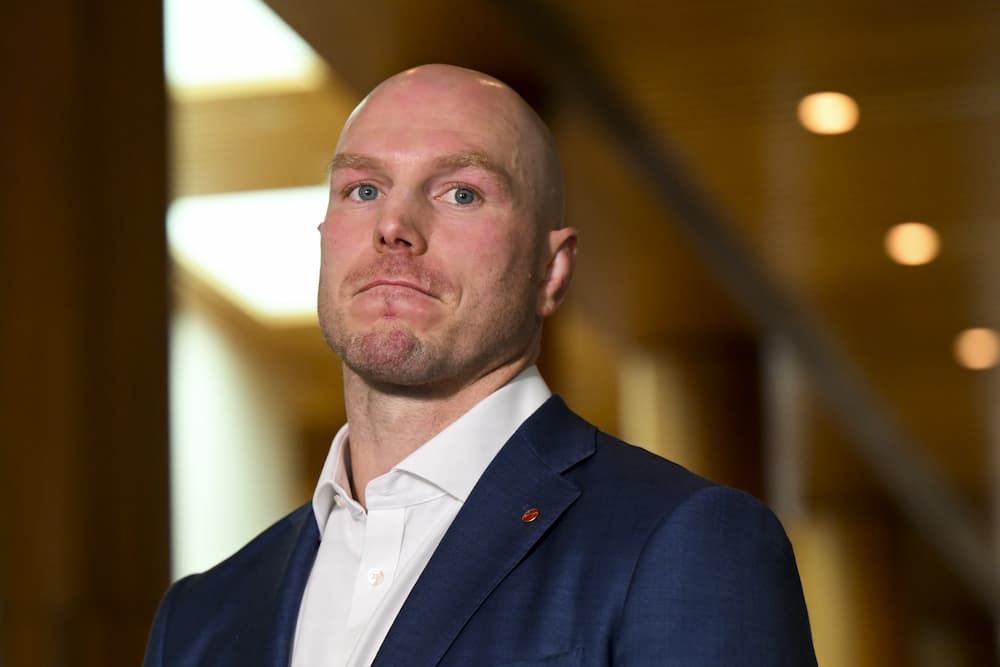Changes to workplace laws that would give more power to employees requesting flexible hours and negotiating leverage have hit a major hurdle.
Key senator crossbenchers Jacqui Lambie and David Pocock are putting on a united front against the government trying to push the legislation through by Christmas.
The bill includes multi-employer bargaining and the ability to force businesses to cater for requests for more flexible work hours.
Senator Lambie says she’s waiting for a guarantee the changes will push up wages, which is the government’s main justification for the bill despite opposition from business.
“Because the only one that seems to be selling that point is (Workplace Relations Minister) Tony Burke and the unions,” she told reporters on Monday.
Business groups have brokered an agreement with the government to amend the bill so that businesses and workforces aren’t roped into industrial action against their will.
But they want the government to go further, as does Senator Lambie.
“If they don’t want to multi-bargain, they shouldn’t be made to, regardless of size,” she said.
The independent Tasmanian senator said keeping the building and construction watchdog – which the government has committed to abolishing – was also a sticking point.
“Somebody needs to be policing (the industry). I thought it was working quite well, to be honest with you,” she said.
Senator Pocock says the secured amendments were a good start, but there was still work to be done.
He’s proposed splitting the bill and solely voting on the non-controversial aspects, such as measures to improve gender pay equity, before Christmas.
The government has said it won’t negotiate on the key aspects of the bill but needs the vote of at least one crossbencher on top of the Greens for the legislation to pass the Senate.
Senator Pocock says it’s not a matter of there being only two solutions: Passing the bill or stopping wages growth.
“This is not about delaying,” he wrote on Twitter.
“By splitting the bill we can pass the parts of it that are straightforward and supported across the board and take the proper time to understand and refine parts that aren’t.”
Senator Lambie said it would be “a miracle” if the full suite of changes passed by Christmas.
Australian Council of Trade Unions president Michele O’Neil said workers couldn’t wait any longer for a pay rise, with wages stagnant for a decade and real wages going backwards for more than year.
Ms O’Neil also said business groups were trying to stop wages from rising by opposing the multi-employer bargain components of the bill.
Nationals leader David Littleproud agreed the bill needed more time to be scrutinised.
“This won’t increase wages by Christmas,” he told Sky News.
Mr Littleproud said expanded multi-employer bargaining rules would lead to more strikes, job losses and drive up costs for consumers.
Greens leader Adam Bandt said his party would need to see what changes the government makes to the bill before declaring support for it.
“We need industrial relations that work for women … that work for carers … and lift wages for the lowest paid,” he told reporters.
“That’s the lens we’ll be looking at this bill through, but one thing we do know is people are feeling the pinch of wages going backwards right now.”



